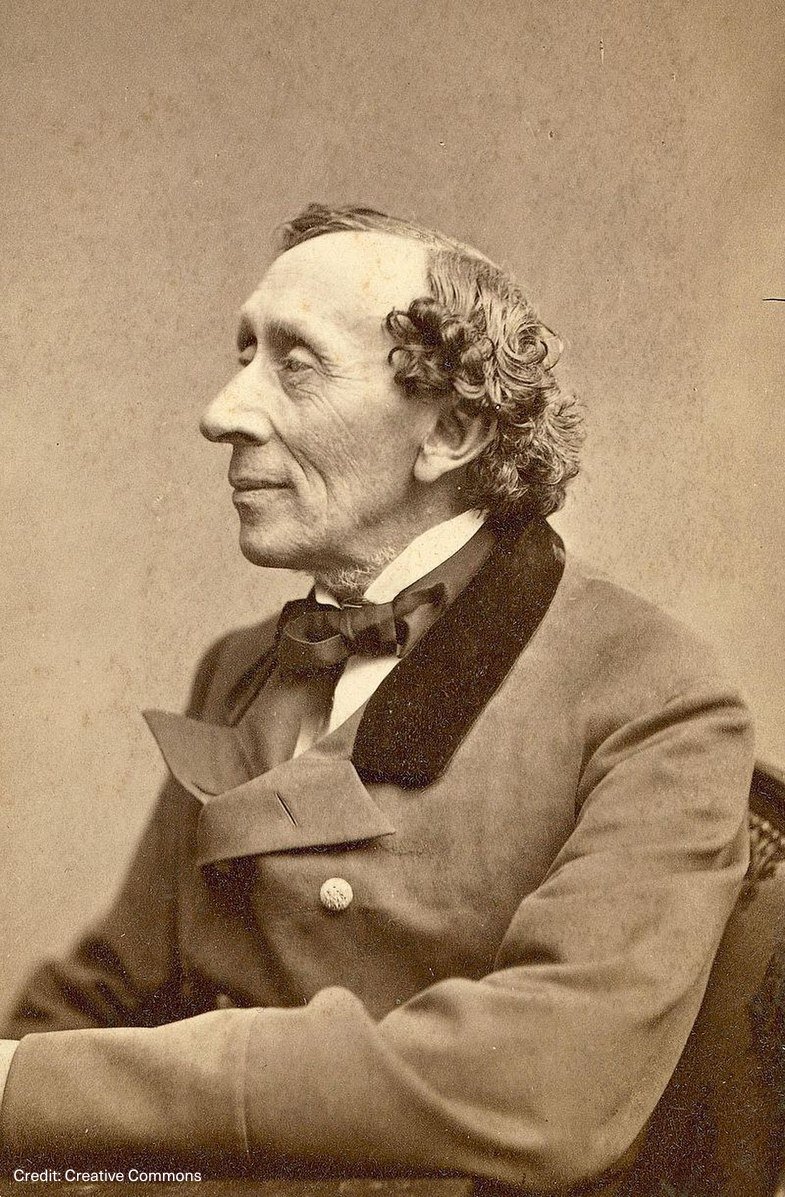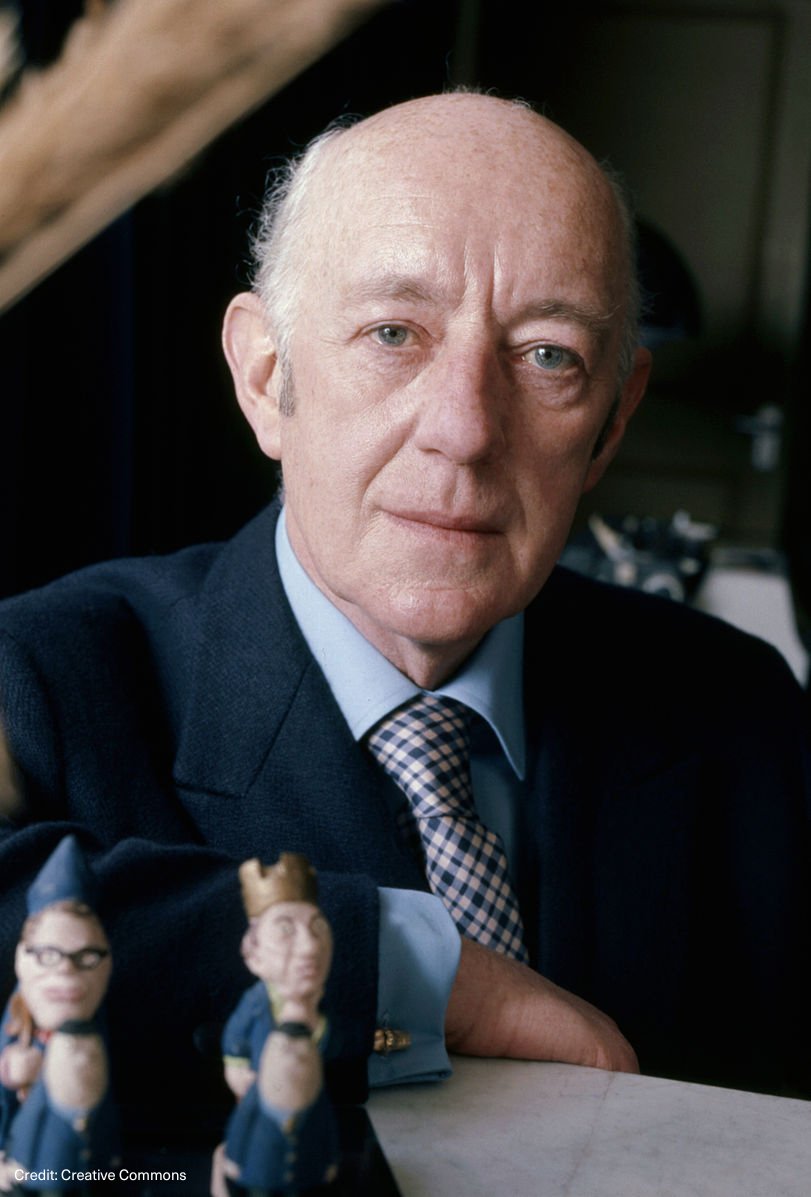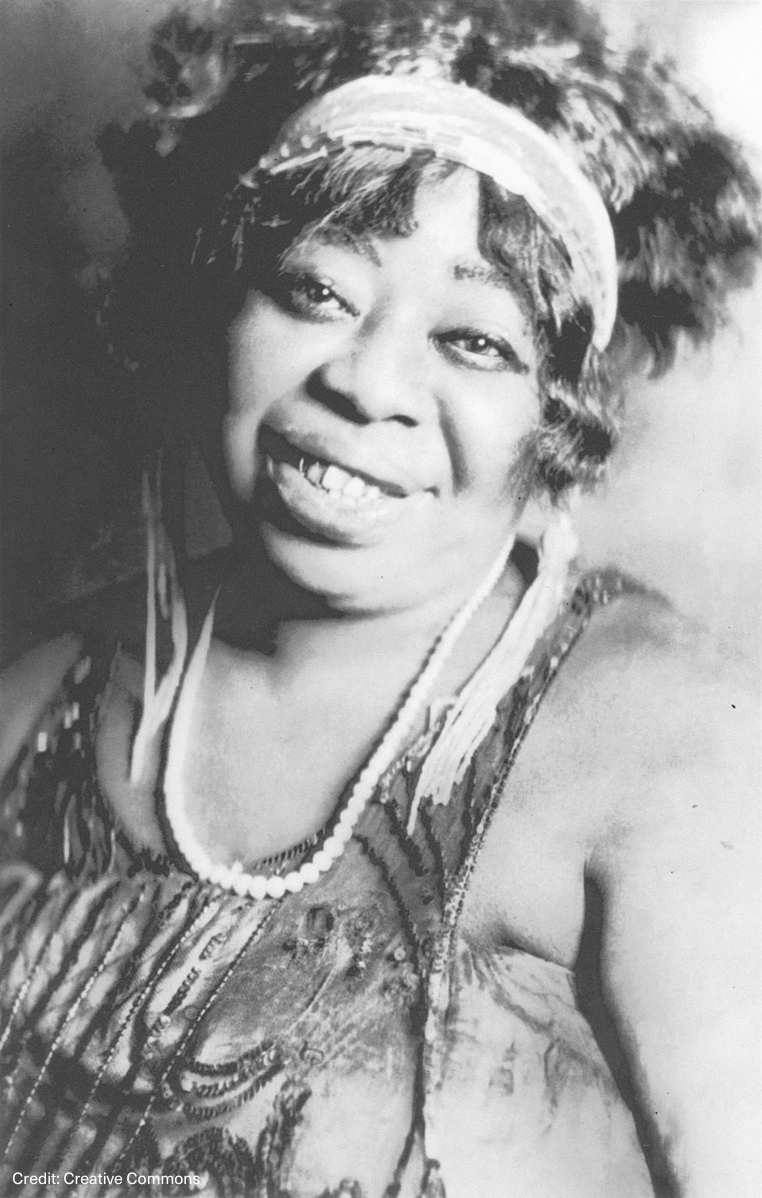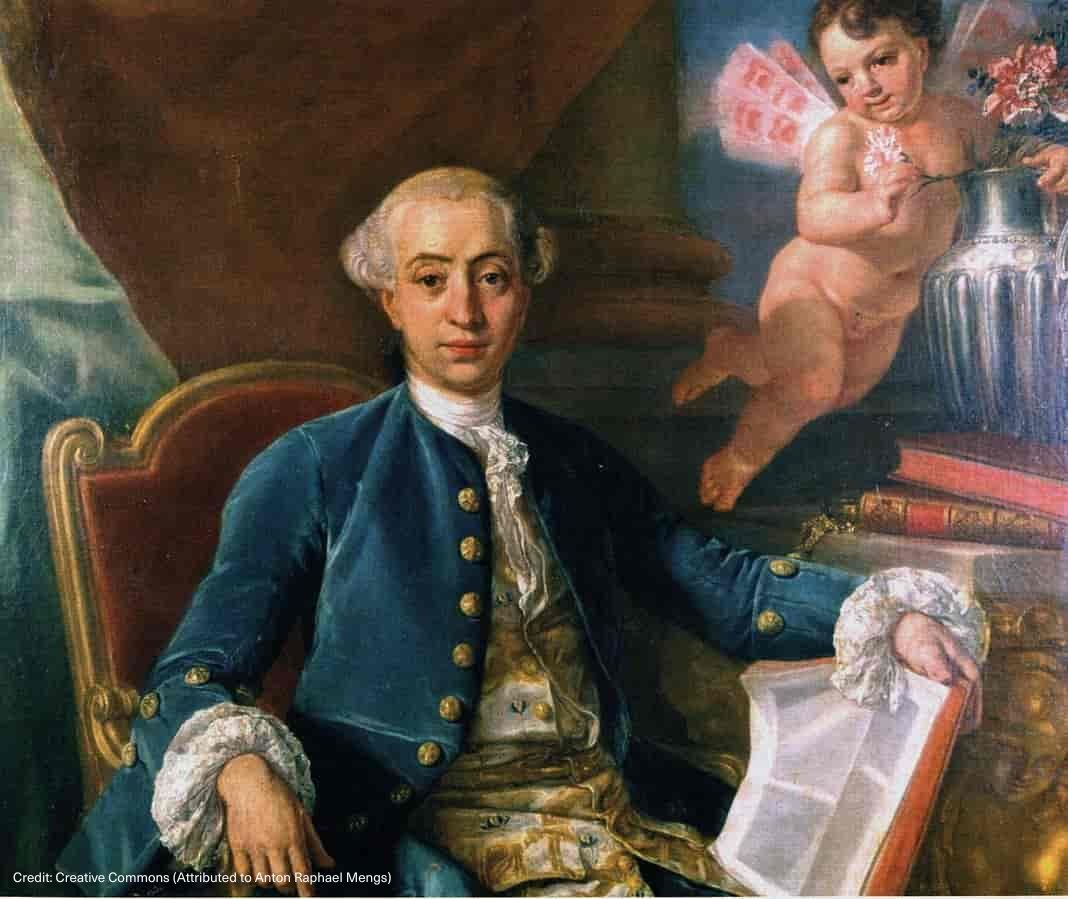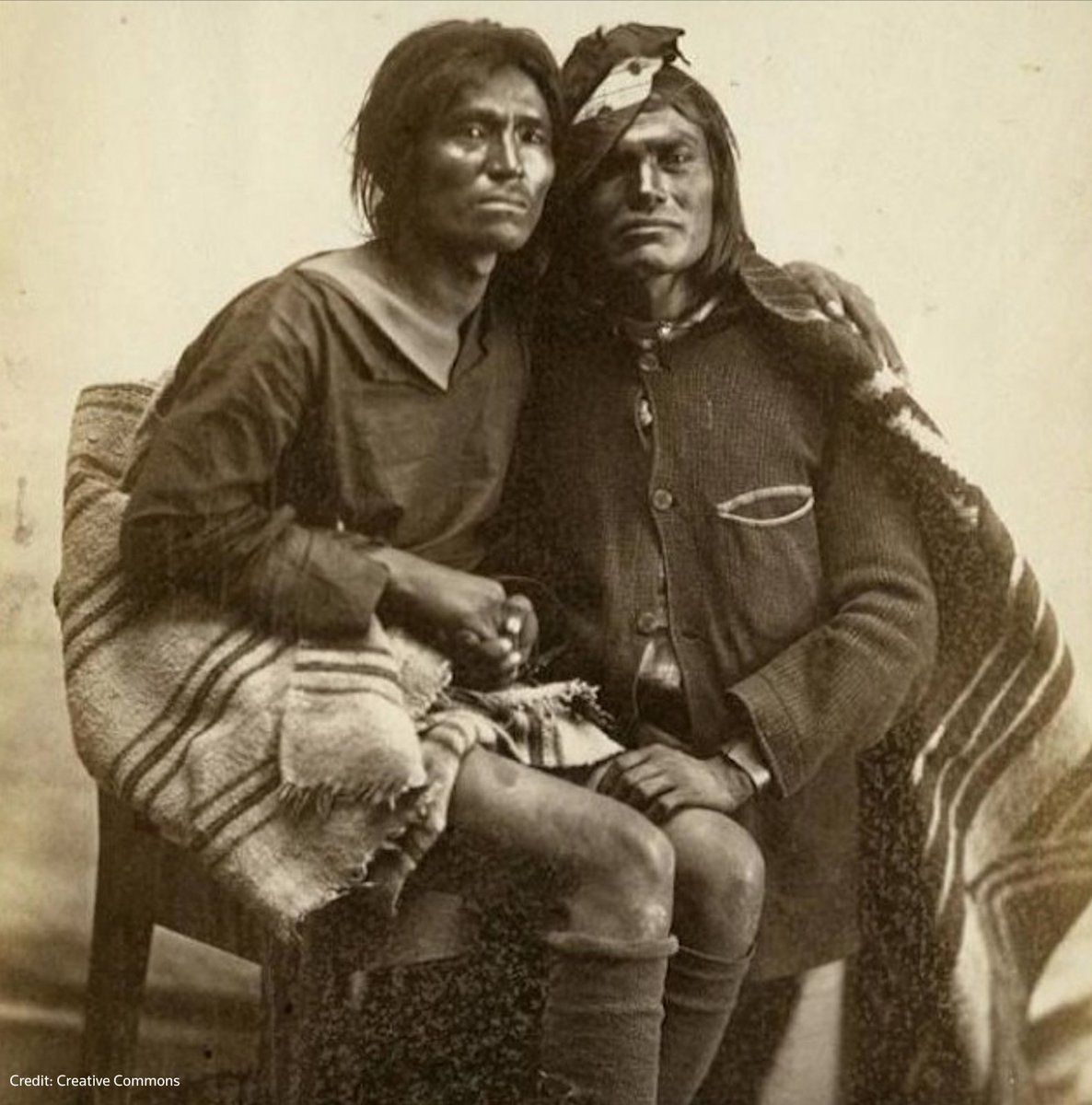
💭 Do you know how to use gender-neutral pronouns in your native tongue?
🗣️ On #InternationalPronounsDay, we're taking a deep-dive into non-binary pronouns in a range of languages.
🌍 Join us on a linguistic trip around the world.
🗣️ On #InternationalPronounsDay, we're taking a deep-dive into non-binary pronouns in a range of languages.
🌍 Join us on a linguistic trip around the world.
🇪🇸 Spanish
Pronouns, nouns and adjectives are gendered in Spanish.
The suffixes -o and -a are the most common gender markers, but many non-binary people now replace them with an -e instead.
Pronouns, nouns and adjectives are gendered in Spanish.
The suffixes -o and -a are the most common gender markers, but many non-binary people now replace them with an -e instead.
🇬🇧 English
Although not entirely genderless, the English language is more inclusive than many.
While you've probably heard of the increasingly popular 'they/them' as alternative pronouns, others are also becoming popular.
Many use neo-pronouns, including 'xe', 'ze' and 'co'.
Although not entirely genderless, the English language is more inclusive than many.
While you've probably heard of the increasingly popular 'they/them' as alternative pronouns, others are also becoming popular.
Many use neo-pronouns, including 'xe', 'ze' and 'co'.
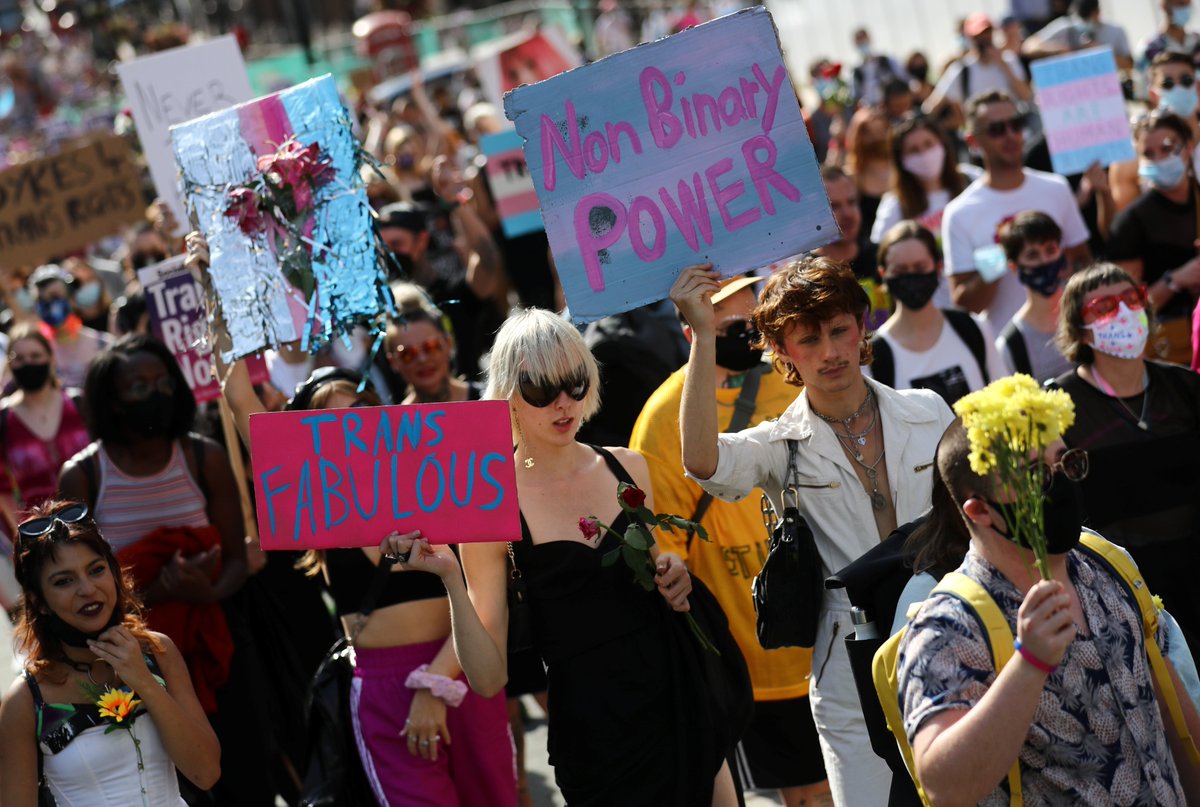
🇬🇷 Greek
Many non-binary and genderqueer Greeks use the plural pronoun 'αυτοί', which encompasses all genders.
Greek also uses articles before proper names. Many prefer the neutral 'το' here instead of the traditional gendered options.
Many non-binary and genderqueer Greeks use the plural pronoun 'αυτοί', which encompasses all genders.
Greek also uses articles before proper names. Many prefer the neutral 'το' here instead of the traditional gendered options.
🇵🇱 Polish
The pronouns 'ono'/'jenu' are used by many non-binary Poles instead of the masculine and feminine forms.
But by using those pronouns, many other words will change. Here’s why. 👇
The pronouns 'ono'/'jenu' are used by many non-binary Poles instead of the masculine and feminine forms.
But by using those pronouns, many other words will change. Here’s why. 👇
🇳🇴 Norwegian
The Language Council of Norway officially added the gender-neutral pronoun 'hen' to its dictionaries this year.
It can replace the masculine 'han' and the feminine 'hun' – he and she – when used.
The Language Council of Norway officially added the gender-neutral pronoun 'hen' to its dictionaries this year.
It can replace the masculine 'han' and the feminine 'hun' – he and she – when used.
🇧🇬 Bulgarian
Non-binary Bulgarians can use the plural, non-gendered pronoun 'те' instead of the masculine 'той' and feminine 'тя'.
For nouns and adjectives, many combine the plural pronoun 'те' with the singular, traditional masculine form.
Non-binary Bulgarians can use the plural, non-gendered pronoun 'те' instead of the masculine 'той' and feminine 'тя'.
For nouns and adjectives, many combine the plural pronoun 'те' with the singular, traditional masculine form.
🇨🇳 Mandarin
In Mandarin, the male 他, female 她 and 它 (it) are used – all pronounced the same: tā.
The male 他 was commonly used as the default gender in writing.
With no official pronoun for non-binary people, many people now use the Romanised Ta when writing.
In Mandarin, the male 他, female 她 and 它 (it) are used – all pronounced the same: tā.
The male 他 was commonly used as the default gender in writing.
With no official pronoun for non-binary people, many people now use the Romanised Ta when writing.

🇷🇴 Romanian
The plural pronouns 'ei'/'lor' are popular among Romanian-speaking non-binary people as an alternative to masculine and feminine forms.
However, many other words will then change when using gender-neutral pronouns. @enriqueanarte explains:
The plural pronouns 'ei'/'lor' are popular among Romanian-speaking non-binary people as an alternative to masculine and feminine forms.
However, many other words will then change when using gender-neutral pronouns. @enriqueanarte explains:
🇦🇱 Albanian
'Ai' and 'ajo' are the masculine and feminine pronouns in Albanian.
To make the language more non-binary-friendly, many use the plural 'ata' instead – but be aware that words like names and adjectives will change accordingly.
'Ai' and 'ajo' are the masculine and feminine pronouns in Albanian.
To make the language more non-binary-friendly, many use the plural 'ata' instead – but be aware that words like names and adjectives will change accordingly.
❓ What pronouns do you use?
👇 Share with us below!
👇 Share with us below!
• • •
Missing some Tweet in this thread? You can try to
force a refresh













